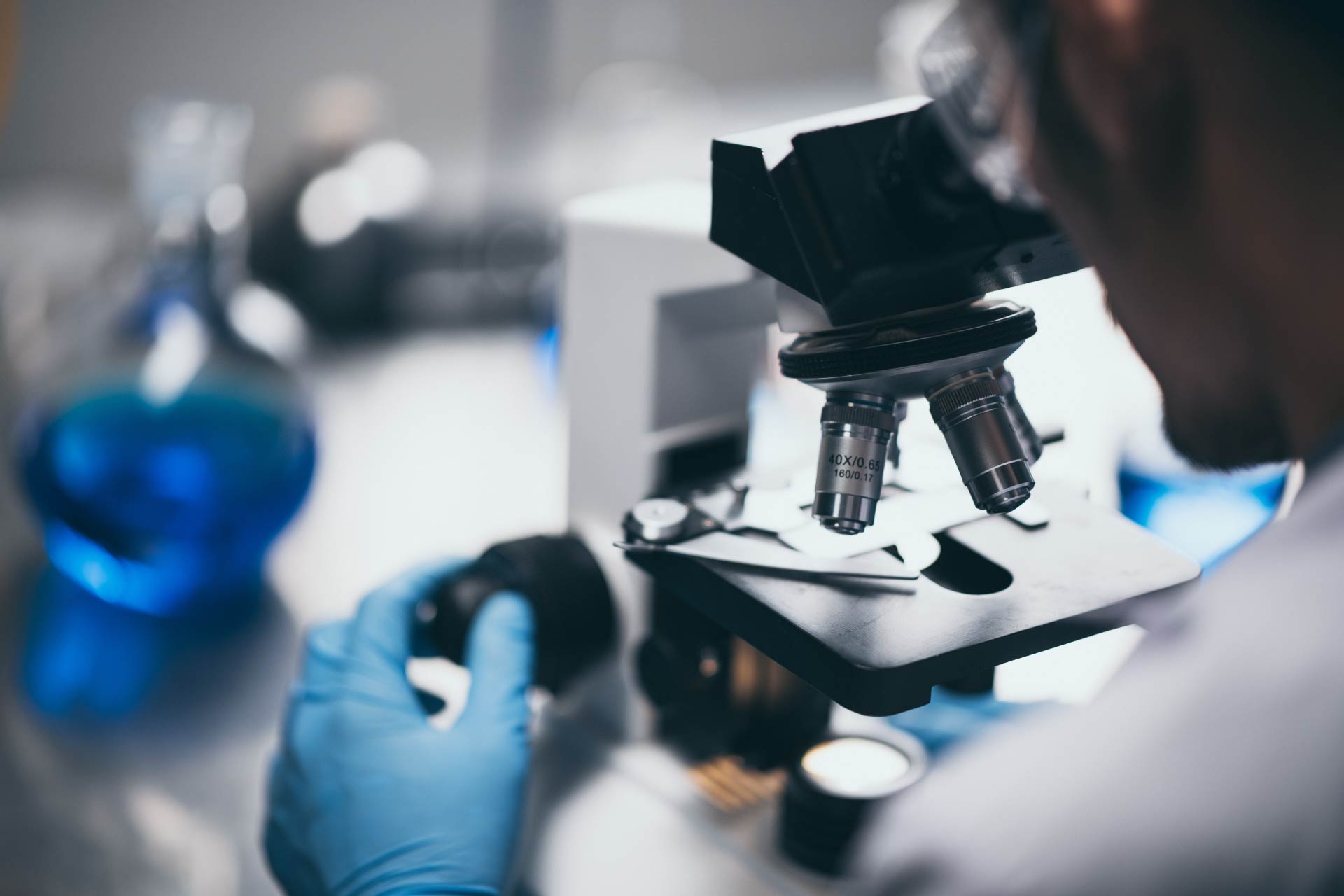• Neutralizing antibodies
• New treatment
What is already known on this topic
Clostridioides difficile (C. difficile) can cause a life-threatening inflammation of the gut and is responsible for more than 29,000 deaths per year in the United States. People with C. difficile infection are usually treated with antibiotics, but sometimes the bacterium comes back. Scientists have examined other approaches such as fecal microbiota transplants and neutralizing antibodies, but these can be risky or impractical.What this research adds
Researchers developed a treatment for C. difficile based on the yeast Saccharomyces boulardii. The team engineered Saccharomyces boulardii to produce antibodies against the two bacterial toxins that cause gut inflammation and tissue damage. When treated with the engineered yeast, rodents exposed to C. difficile showed less severe signs of inflammation and infection than untreated rodents.Conclusion
Because Saccharomyces boulardii improved survival and reduced the recurrence of infection in mice infected with C. difficile, the findings—if reproduced in people—could help to develop yeast-based treatments for C. difficile, the researchers say.
The bacterium Clostridioides difficile (C. difficile) can cause a life-threatening inflammation of the gut and is responsible for more than 29,000 deaths per year in the United States. Researchers have now engineered yeast to produce and deliver antibodies that neutralize the two bacterial toxins that cause tissue damage. The engineered yeast improved survival and reduced the recurrence of infection in mice infected with C. difficile.
If the findings are reproduced in people, the engineered yeast could be used as a treatment for C. difficile, the researchers say. The study was published in Science Translational Medicine.
People with C. difficile infection are usually treated with antibiotics, but sometimes the bacterium comes back. Scientists have examined other approaches such as fecal microbiota transplants, but these can be risky. Another approach involves the use of antibodies that neutralize C. difficile’s toxins. However, antibodies have to be injected into the bloodstream, from where they move into the gut.
To deliver the antibodies directly to the gut, Hanping Feng at the University of Maryland and his colleagues set out to engineer the yeast Saccharomyces boulardii.
Neutralizing antibodies
First, the researchers designed an antibody against C. difficile. Mice that received both the antibody and the bacterial toxins survived, while mice that received the bacterial toxins but a different antibody died.
Then, the team engineered Saccharomyces boulardii to produce the toxin-neutralizing antibody and assessed whether the engineered yeast could protect mice from C. difficile infection.
Mice that received a daily dose of the engineered yeast for a week, starting three days before infection with C. difficile, survived the illness. In contrast, 60% of the rodents that received a different yeast strain died within days. The gut tissue of mice treated with the engineered Saccharomyces boulardii also had less inflammation than the tissue of control mice.
New treatment
Next, the team tested the engineered yeast in mice that had recurring C. difficile infection. Most of the yeast-treated mice survived and showed fewer symptoms than mice treated with a control yeast strain.
Engineered Saccharomyces boulardii, the researchers say, “does not disrupt the intestinal microbiota and subsequently reduces the recurrence rate and is thus an attractive potential therapeutic agent in the fight against the challenge of [C. difficile infection].”
Because the yeast improved survival and reduced the recurrence of infection in mice infected with C. difficile, the findings could help to develop yeast-based treatments for C. difficile, the researchers say.









